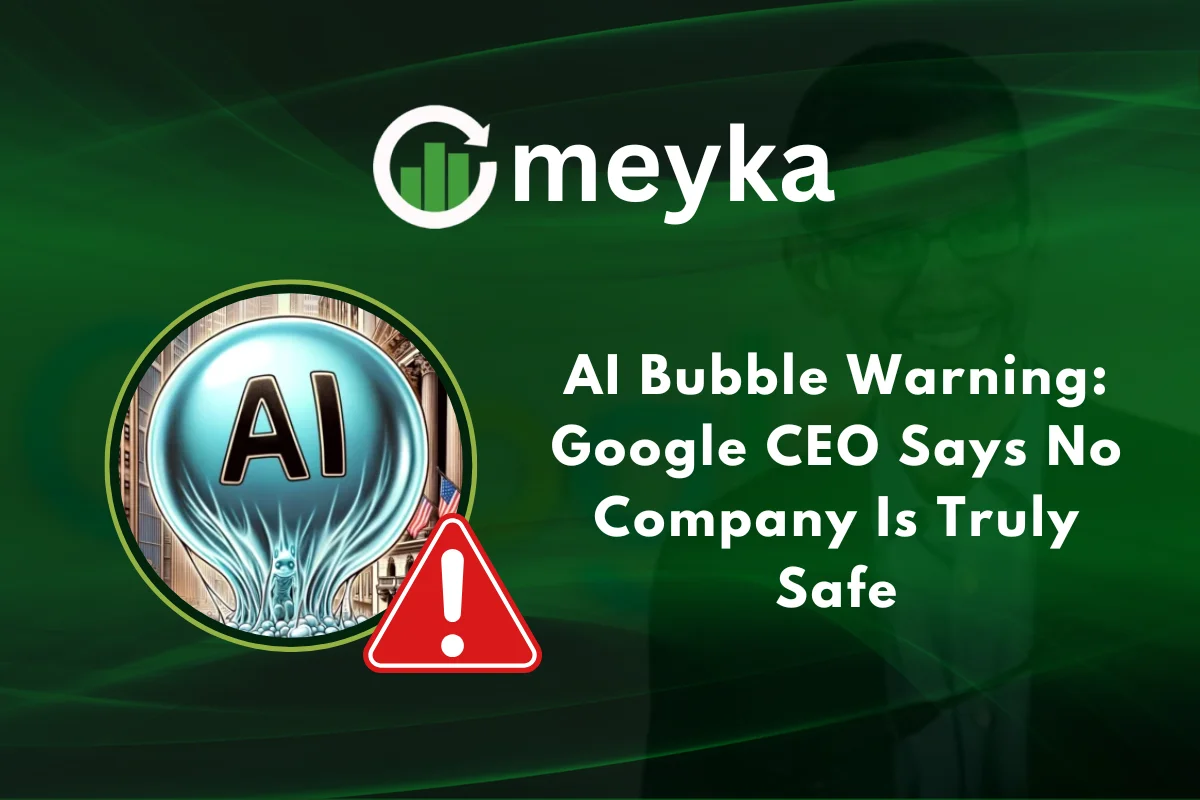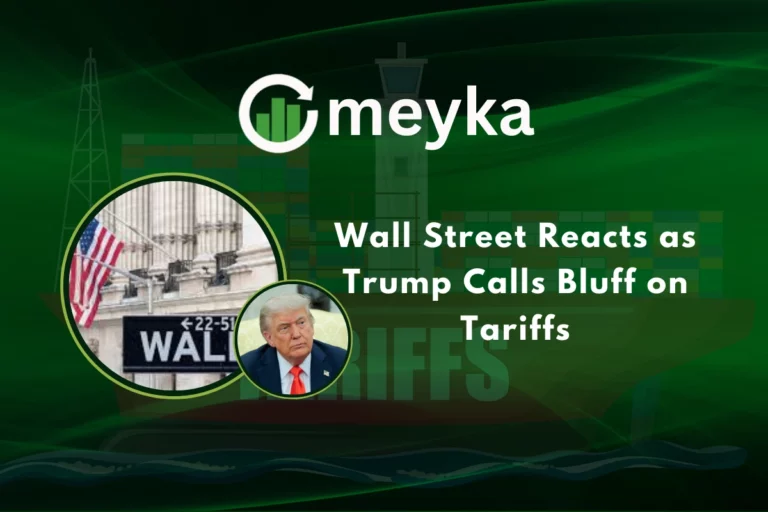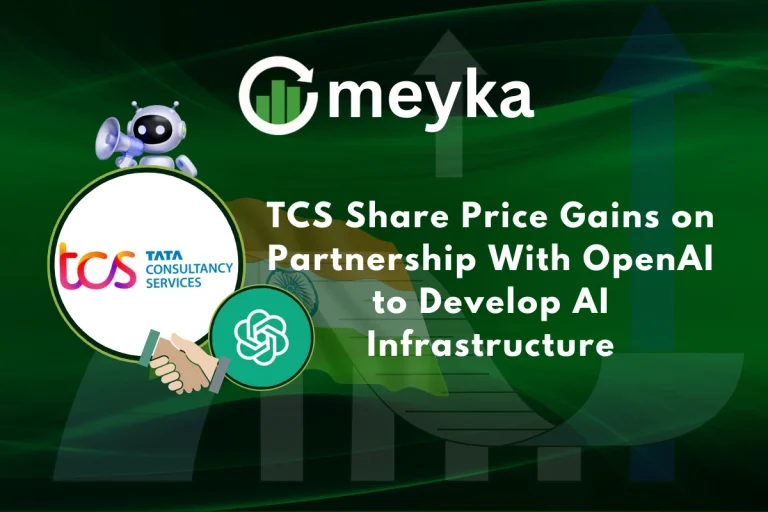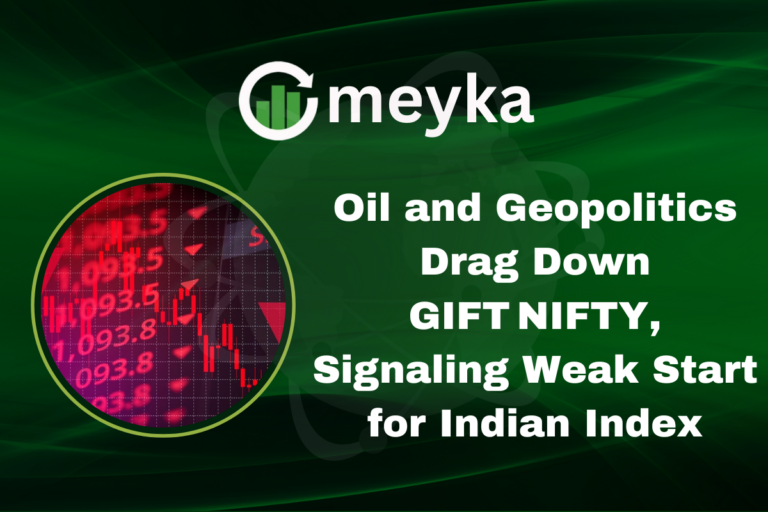AI Bubble Warning: Google CEO Says No Company Is Truly Safe
Google’s Chief Executive, Sundar Pichai, recently issued a stark warning about the rapid surge in artificial intelligence investment. He told the BBC that we may be entering an AI bubble, and that no tech company, not even Google, is immune if it bursts. His comments highlight growing concern over whether today’s AI enthusiasm may be running ahead of reality.
Continue Reading on Meyka
This article is available in full on our main platform. Get access to complete analysis, stock insights, and more.
Read Full Article →





